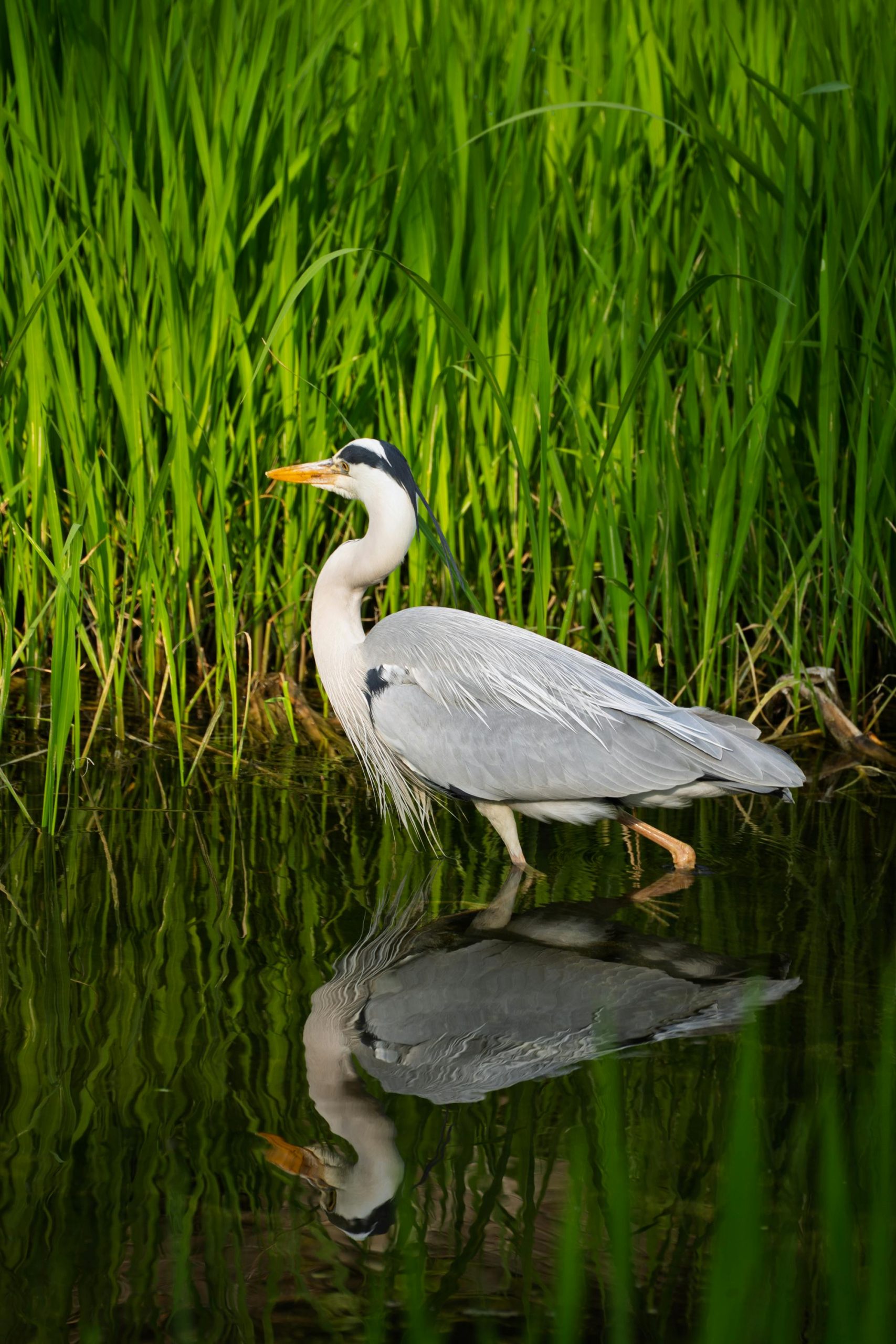Reflections on Nature’s Harsh Realities: A Day at Richmond Park
Today, my wife and I ventured out to Richmond Park, eager for a serene stroll and the chance to spot some deer, which my wife had never seen in person before. The day was filled with peaceful moments as we meandered through the beautiful landscape, soaking in the tranquility of the surroundings.
As we made our way to White Ash Pond on our way out, we were captivated by a heron gracefully soaring through the sky before landing at the water’s edge—a stunning sight, especially since it had been years since I’d seen one in the wild. To our surprise, the pond was bustling with life, featuring two herons positioned on either side and a mother duck with her seven ducklings paddling nervously in the center.
Observing the scene, we noticed the mother duck quacking anxiously, clearly alert and concerned for her young. And then, the unexpected happened: one of the herons suddenly dove into the water. Initially, we thought it was just going for a fish or some food, but to our horror, it emerged with a duckling in its grasp.
In a moment of chaos, the father duck seemed oblivious to the imminent danger, distracted by the other heron across the pond. A bystander who had been watching rushed to intervene, trying to chase the heron with the duckling as it flew to a nearby tree. The sight of the heron with the struggling duckling was heart-wrenching, and we were at a loss for words, grappling with the grim reality unfolding before us.
Feeling a mix of helplessness and frustration, I resolved to return to the pond in a desperate attempt to protect the remaining ducklings. I joined forces with the other concerned onlooker and we surrounded the heron, hoping to deter it from further hunting. Our shared intention was to safeguard the little ones, but as the father duck took to the skies, it became clear he could no longer face the threat and chose to flee the park.
In that moment, I felt utterly defeated. After a terrifying struggle, the heron attempted to nab another duckling but thankfully failed before it finally departed. Just like that, our once peaceful outing transformed into a stark reminder of nature’s unforgiving cycle.
As we left the park, my heart was heavy with the awareness of nature’s brutal realities. It’s easy to romanticize wildlife and envision a harmonious existence in


Reflecting on Urban Wildlife and Conservation Efforts
As London residents, it’s important to recognize that Richmond Park and similar urban spaces serve as vital havens for wildlife, offering us glimpses into the often harsh realities of nature. The presence of herons, ducks, and other species thriving within our city underscores the need for balanced conservation efforts.
While witnessing such natural predation can be upsetting, it highlights the importance of supporting local initiatives that promote harmonious coexistence between humans and wildlife. For example, ensuring clean and healthy water sources in parks not only sustains species like herons and ducks but also minimizes conflicts and ecological imbalances.
Additionally, community awareness around feeding wild animals can prevent unintended assistance that might encourage risky behaviors or habitat disruption. Educating residents on how to observe and admire wildlife responsibly contributes to healthier ecosystems within London’s green spaces.
Ultimately, fostering an understanding of nature’s cycles in urban settings helps us appreciate their complexity and underscores our role in protecting these precious environments amid city life.
Reflecting on Urban Wildlife and Conservation Challenges
Richmond Park is indeed a beautiful and tranquil spot within our city, and your story highlights how close nature is to our everyday lives here in London. The encounter with the heron and the ducklings serves as a poignant reminder of the raw and often harsh realities faced by wildlife, even in urban settings.
It’s worth noting that Herons, while majestic, are part of a natural predatory cycle that is crucial for maintaining healthy ecosystems. However, their presence in city parks also presents challenges for visitor management and wildlife conservation. Urban parks like Richmond are vital refuges for diverse species, but they require careful oversight to protect vulnerable animals, such as the ducklings you witnessed.
For London residents interested in supporting urban wildlife, here are a few actions to consider:
While witnessing natural predation can be distressing, it’s a vital part of our ecosystem’s balance. Sharing stories and raising awareness about these realities can foster a greater appreciation and commitment to conservation efforts in London’s green spaces.